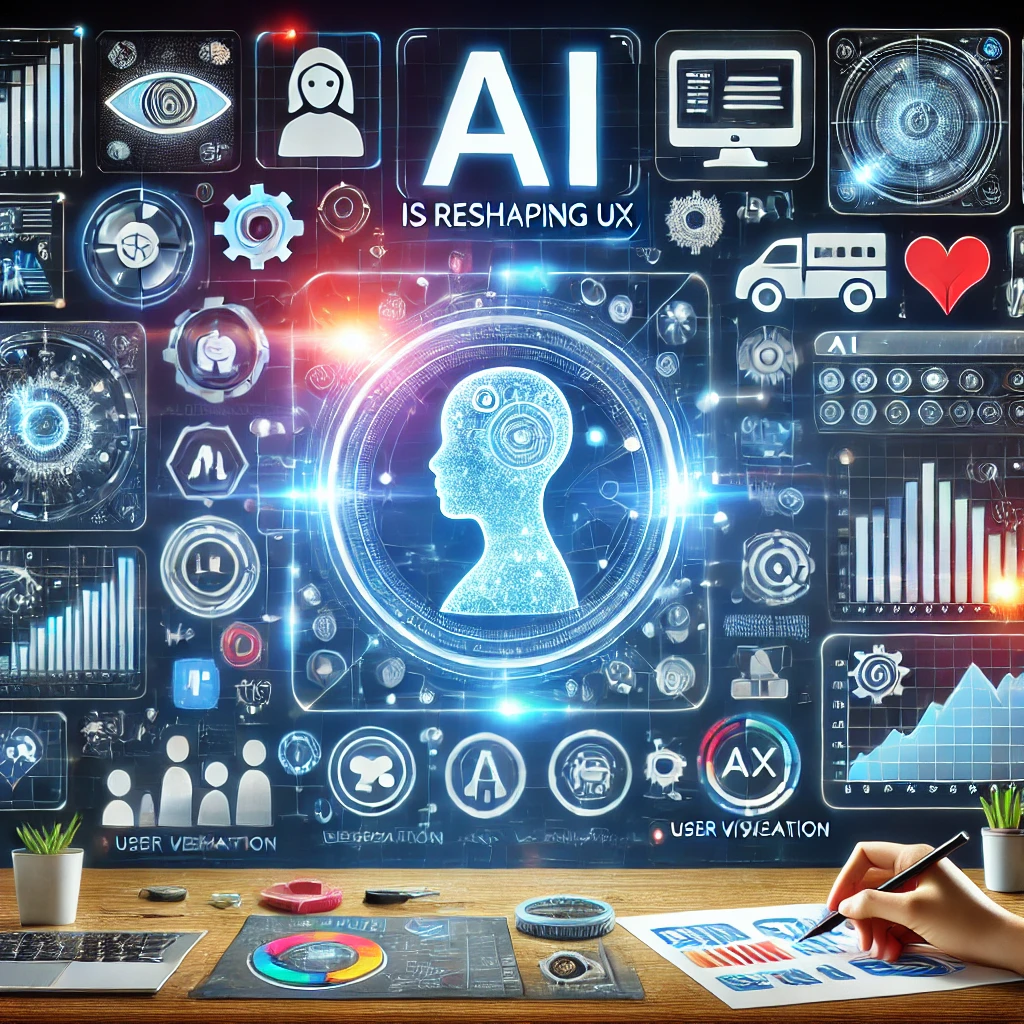How AI Reshapes UX: A Design Expert Sheds Light on Benefits and Success Strategies

Artificial intelligence (AI) is revolutionizing the way we layout consumer experiences (UX). By analyzing significant quantities of information, predicting person behavior, and allowing personalization, AI has come to be a game-changer for UX designers. Let’s dive into how AI is reshaping UX, explore its benefits, and uncover techniques for achievement.
How AI is Transforming UX
1. Personalized Experiences
AI enables personalised person reviews by analyzing person behavior, preferences, and past interactions. This method users see content material, recommendations, and functions tailored particularly to them.
Example: Netflix’s AI algorithms endorse indicates and films primarily based in your viewing history and alternatives.
2. Predictive Analytics
AI enables designers expect person behavior and wishes. This permits for proactive design improvements and better consumer engagement.
Example: E-trade websites use AI to indicate products primarily based on surfing and buy history.
3. Improved Accessibility
AI-powered equipment like voice reputation, image recognition, and text-to-speech generation make digital experiences more reachable for humans with disabilities.
Example: AI-driven voice assistants like Siri and Alexa make generation smooth to use for visually impaired users.
4. Faster Design Iterations
AI automates repetitive layout obligations, speeding up workflows and allowing rapid prototyping and trying out.
Example: Tools like Adobe’s Sensei and Canva’s AI-powered features help designers in growing professional visuals effortlessly.
Benefits of AI in UX Design
1. Enhanced User Satisfaction
Personalized and intuitive designs cause happier customers who’re more likely to have interaction along with your products or services.
2. Increased Efficiency
AI automates tedious duties like records evaluation, freeing up designers to recognition on creativity and innovation.
3. Real-Time Insights
AI offers actual-time comments on user conduct, permitting for immediate adjustments and enhancements.
Four. Scalability
With AI, scaling UX answers for a larger target market turns into less difficult and more green.
Success Strategies for Using AI in UX
1. Focus on User-Centered Design
AI is a device to beautify UX, not update the human contact. Always prioritize know-how your customers’ wishes and options.
2. Leverage Data Responsibly
Use information ethically and transparently. Respect person privacy with the aid of adhering to rules like GDPR and being clean approximately how records is used.
3. Integrate AI Thoughtfully
Avoid overwhelming customers with AI-driven capabilities. Integrate them seamlessly into the experience to decorate, no longer complicate, the adventure.
4. Test and Iterate
AI-driven designs should be tested rigorously. Gather user comments and refine the enjoy to make certain it meets expectations.
Examples of AI-Driven UX Success
1. Spotify’s Personalized Playlists
Spotify’s AI creates custom designed playlists like Discover Weekly, which hold users engaged through supplying track tailored to their tastes.
2. Amazon’s Recommendation Engine
Amazon uses AI to advocate products, boosting consumer engagement and riding sales.
3. Google Maps’ Predictive Navigation
Google Maps leverages AI to offer real-time traffic updates and path suggestions, improving the overall user enjoy.
Conclusion
AI is reshaping UX via making it smarter, faster, and greater personalized. By leveraging AI’s skills responsibly, designers can create meaningful and engaging reports that pride customers. However, the important thing to achievement lies in blending AI-driven insights with a deep expertise of human conduct.
Ready to convert your UX with AI? Start by means of exploring equipment and strategies that align with your customers’ wishes and let innovation force your layout forward!